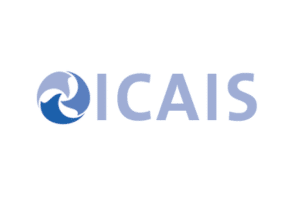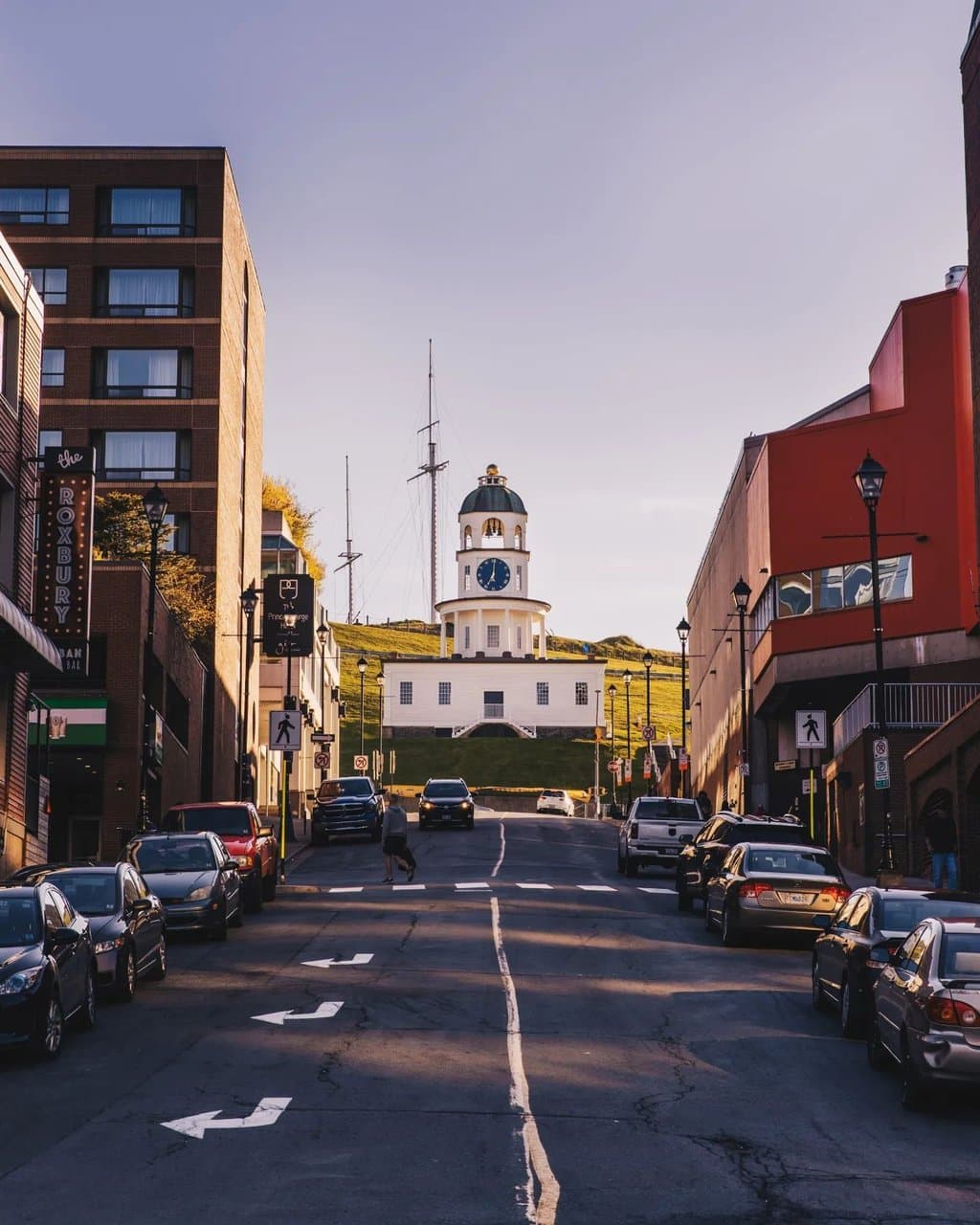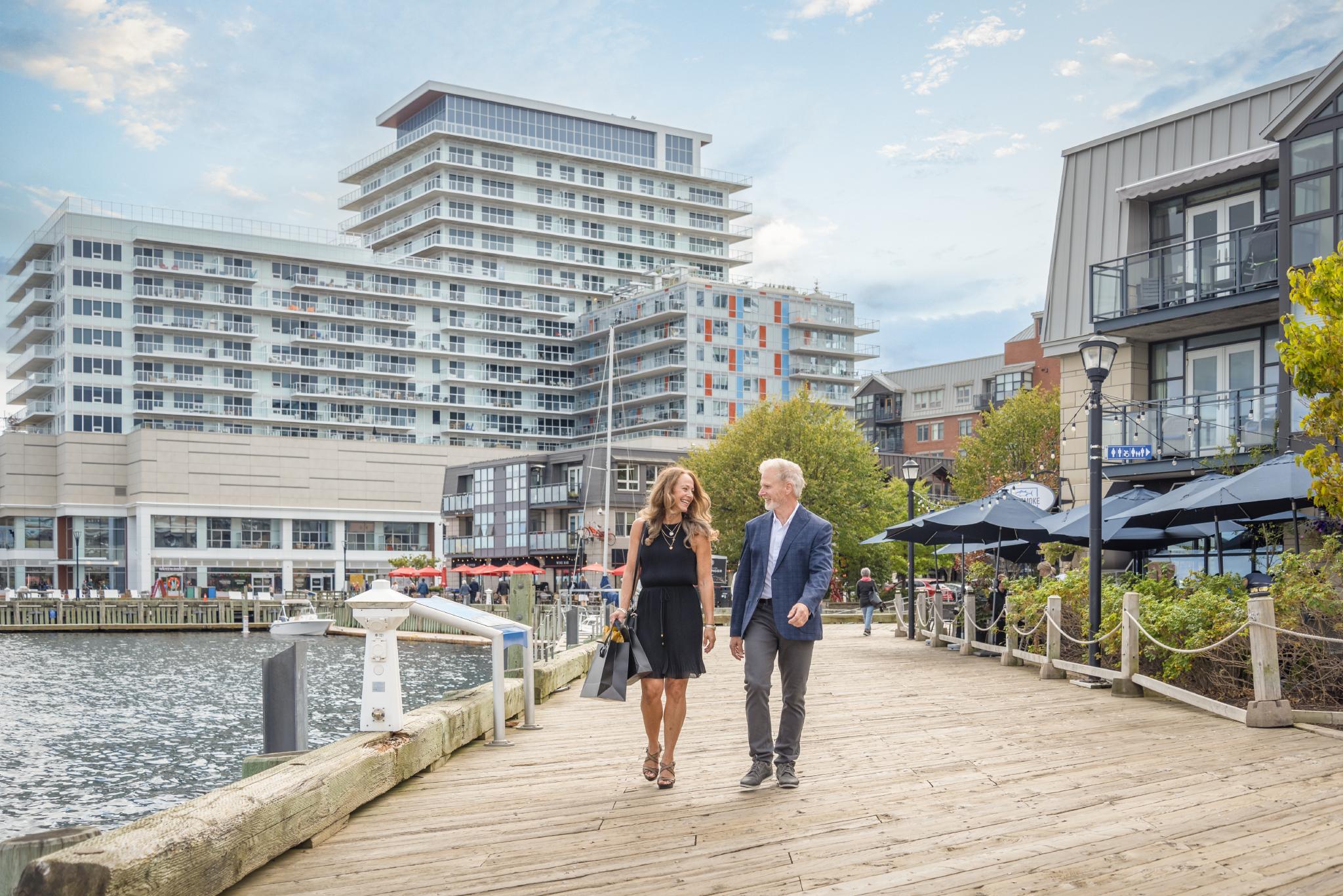International Conference on Aquatic Invasive Species (ICAIS)
2024
In 2024, Halifax had the honour of hosting the International Conference on Aquatic Invasive Species (ICAIS) for the very first time, drawing more than 300 participants from 30 countries and giving local students and researchers the opportunity to rub shoulders and share their research with global experts.
The ICAIS is the most comprehensive international forum to address new and emerging issues related to aquatic invasive species in freshwater, marine and estuarine environments. Co-hosted by the Nova Scotia Department of Fisheries & Aquaculture, Dalhousie University, and the Invasive Species Centre in Ontario, the event attracted a diverse mix of academics, government leaders, regulators, and industry professionals. Under the theme ‘Meeting Challenges with Innovation’, the event included keynote presentations and technical sessions, a tradeshow, student paper presentations, and the signature “Oyster Program” to support graduate student participation.
The event injected Halifax-specific content into the program; some delegates toured Dalhousie’s Aquatron Facility and the Bedford Institute of Oceanography while others explored coastal sites that brought perspective and understanding. Local food, live music and Maritime hospitality was woven in throughout the week, with an Alexander Keith’s Brewery social, merchandise from Peace by Chocolate featuring local sayings, Durty Nelly’s acting as the official conference pub, and self-guided tours to Peggy’s Cove. The result was a global conversation about invasive species that felt deeply connected to our region.
To ensure participants were aware they were attending a conference on unceded land called Mi’kma’ki, conference organizers purposefully created space and time for Mi’kmaw knowledge holders. Elder Anne LaBillois from Dalhousie University opened the conference, Dr. Andrea Reid presented a keynote on the impact of indigenous language in aquatic invasive species research, and ICAIS hosted its first ever indigenous led sharing circle as a concurrent session to disseminate and discuss information in a format that respected indigenous ways of knowing. The success of these sessions was a powerful reminder that as conference hosts, we have the ability to organize sessions that are inclusive to both scientific and indigenous knowledge holders.
Role of the Host Committee
The Host Committee was at the heart of making this conference both impactful and memorable. Balancing the demands of an international scientific program with the goal of showcasing Nova Scotia, they worked tirelessly to embed authentic local experiences while ensuring the conference ran smoothly. They created opportunities for students, coordinated networking socials and ensured budgets stayed on track. Their thoughtful leadership strengthened international connections, elevated Halifax’s reputation as a host city, and left delegates with a lasting appreciation of the region’s culture, community, and role in the global aquatic research ecosystem.


